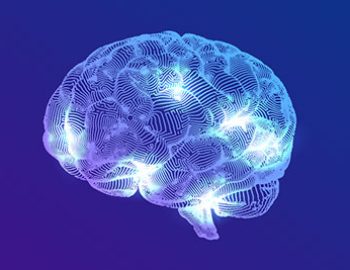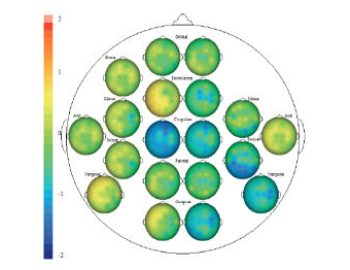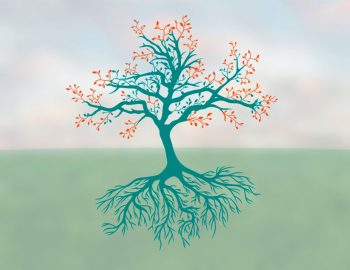Post Traumatic Stress Disorder (PTSD)

What is Post Traumatic Stress Disorder (PTSD)?
It’s 100% natural to feel frightened during and after a traumatic experience. When you experience a life-threatening event, your body’s fear network is running and your flight-or-fight response is activated. After the fact, you will experience a broad range of emotions, but those whose symptoms don’t go away may be diagnosed with PTSD. Post-Traumatic Stress Disorder is the result of exposure to a traumatic event or occurrence, either through personally experiencing the event or having witnessed it. Symptoms of PTSD can occur months or years after the event. PTSD is associated with dysfunction stress hormones and changes to brain function and structure.
Symptoms of PTSD
- Memories in the form of nightmares, flash backs
- Anxiety, panic attacks
- Paranoia
- Mood fluctuations and aggression
- Sleep apnea or insomnia
- Behavior changes
- Mood swings, irritability, anger outbursts
- Trouble in concentration
- Hypervigilance, living with critical fear day to day
- Social avoidance and detachment
Start your mental health journey!
Post Traumatic Stress Disorder
- Normal stress response
- Acute stress disorder
- Uncomplicated PTSD
- Complex PTSD
- Comorbid PTSD
PTSD is the result of experiencing or witnessing some form of significant trauma. Different types of trauma that an individual might experience include:
- War or military combat experiences.
- Unexpected death or terminal illness in a family or friend.
- Exposure to violence or death, physical assault.
- Natural disasters such as earthquakes or tornadoes.
- Life-threatening events like a robbery, kidnapping, or being held at gunpoint.
How we can help?
At Elumind, we believe in an integrative approach is a path to healing the root of the disorder. Because PTSD is a brain-based disorder that affects brain function and brainwave regulation, you will begin the healing process with the following: Therapeutic Assessment and an advanced Brain Mapping Neurofeedback therapy to help eliminate symptoms of hyperarousal, flashback memories, panic attacks, anxiety, and depression. Interpersonal Psychotherapy focuses on how you perceive the event and how you can minimize emotional and mental distress. EMDR Eye Movement Desensitization Reprocessing, a technique that leverages bilateral sensory input of side to side eye movements to help you reprocess the disruptive thoughts and memories of your trauma. TMS Transcranial Magnetic Stimulation is a clinically proven, safe form of non-invasive neuromodulation therapy that changes the electrical activity in the targeted area of the brain. Research has shown that TMS treatments can suppress or blunt the overactive orbitofrontal cortex and relieve PTSD symptoms.

TMS
is a non-invasive, painless treatment that directs recurring magnetic energy pulses at specific regions of the brain.

QEEG Brain Mapping
QEEG is a quick and efficient tool that allows us to gather data and diagnostic information on your brain and identify both strengths and deficiencies in your brain networks.

Functional Medicine
Discover how functional medicine can restore your health through a holistic (whole mind/body) approach.



